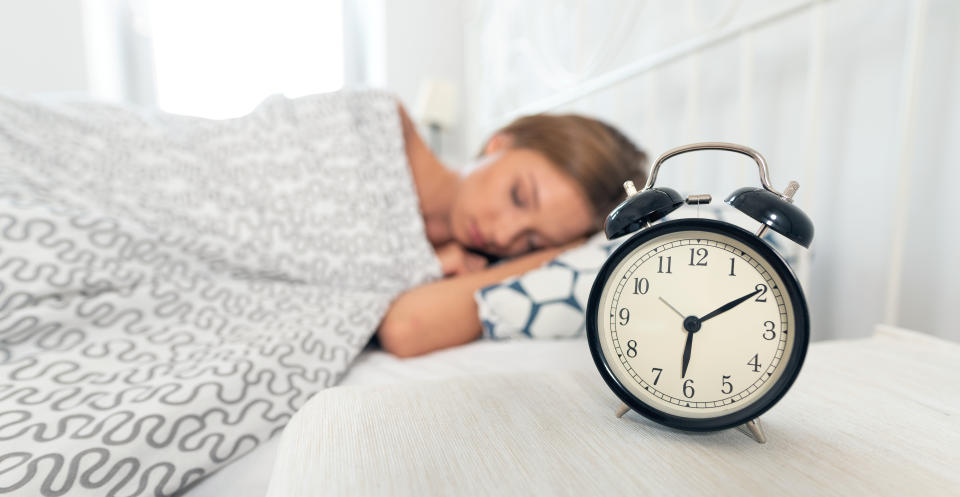When do the clocks go back in 2019 and why do we change to Daylight Saving Time?

By Charlie Duffield
The leaves are turning, temperatures are falling and there’s no denying that autumn is here in all its glory.
This seasonal transition also means a time change in the UK, as we lose an hour of daylight in the evenings in exchange for an extra hour in bed.
Daylight Saving Time - as it’s also known - marks the end of British Summer Time, and Brits will move their clocks forward again in March to return to BST.
Clocks always turn back at the weekend, in the middle of the night, to minimise the disruption to schools and businesses.
When do the clocks go back and do we gain or lose an hour?
Clocks always go backwards on the last Sunday in October. In 2019 that falls on Sunday October 27
Officially, they will turn back at 2am, giving us an extra hour in bed on Saturday night.
This marks the official end of British Summertime (BST), or Daylight Saving Time (DST), and a return to Greenwich Mean Time (GMT), the standard time zone against which others are set.

Smartphones and laptops will automatically reconfigure with the new time change, but you’ll need to manually change any analogue clocks, like car or oven clocks.
Whilst a lie-in might be welcomed, the clocks changing also mean we can expect shorter days, and longer, colder nights as winter approaches again.
Read more: How weighted blankets help with anxiety
Why do the clocks change?
The clocks change twice a year. In March they go forward an hour and in October they go back an hour. Next year they’ll go forward again on Sunday, March 29.
The custom of changing clocks is more than 100 years old. In Britain, it was prompted by a campaign initiated in 1907 by builder William Willett - coincidentally, the great-great-grandfather of Coldplay’s Chris Martin.
He wanted to prevent people wasting valuable daylight hours in the summer months, and to save fuel during the war.
In the same year, Germany adopted the clock-changing schedule in April, followed by the UK in May.

The House of Commons formalised the process in 1916 by passing the Summer Time Act and officially creating British Summer Time, a year after Willett died, to save money and fuel.
Since then, Britain has considered further changes to the clocks several times, such as bringing them forward two hours ahead of GMT during the Second World War. In the spring of 1947, they were brought forward for a while in line with fuel shortages.
Read more: From pillows to mouthwash - the products that can cure snoring
Between 1968 and 1971, there was also a trial which kept clocks one hour ahead of GMT all year round.
Nowadays, Daylight Saving Time happens in most European countries, North America and Australasia, whilst African and Asian countries don’t partake in the practice.
Britain now switches between GMT in the winter and British Summertime from March to October.
Yahoo is committed to finding you the best products at the best prices. We may receive a share from purchases made via links on this page.
3 wake-up light alarm clocks to make your mornings brighter
1. FITFORT Wake-Up Alarm Clock | £27.99

2. R+M Wake-Up Light Alarm Clock | £28.99

3. Philips Wake-up Light | £90


